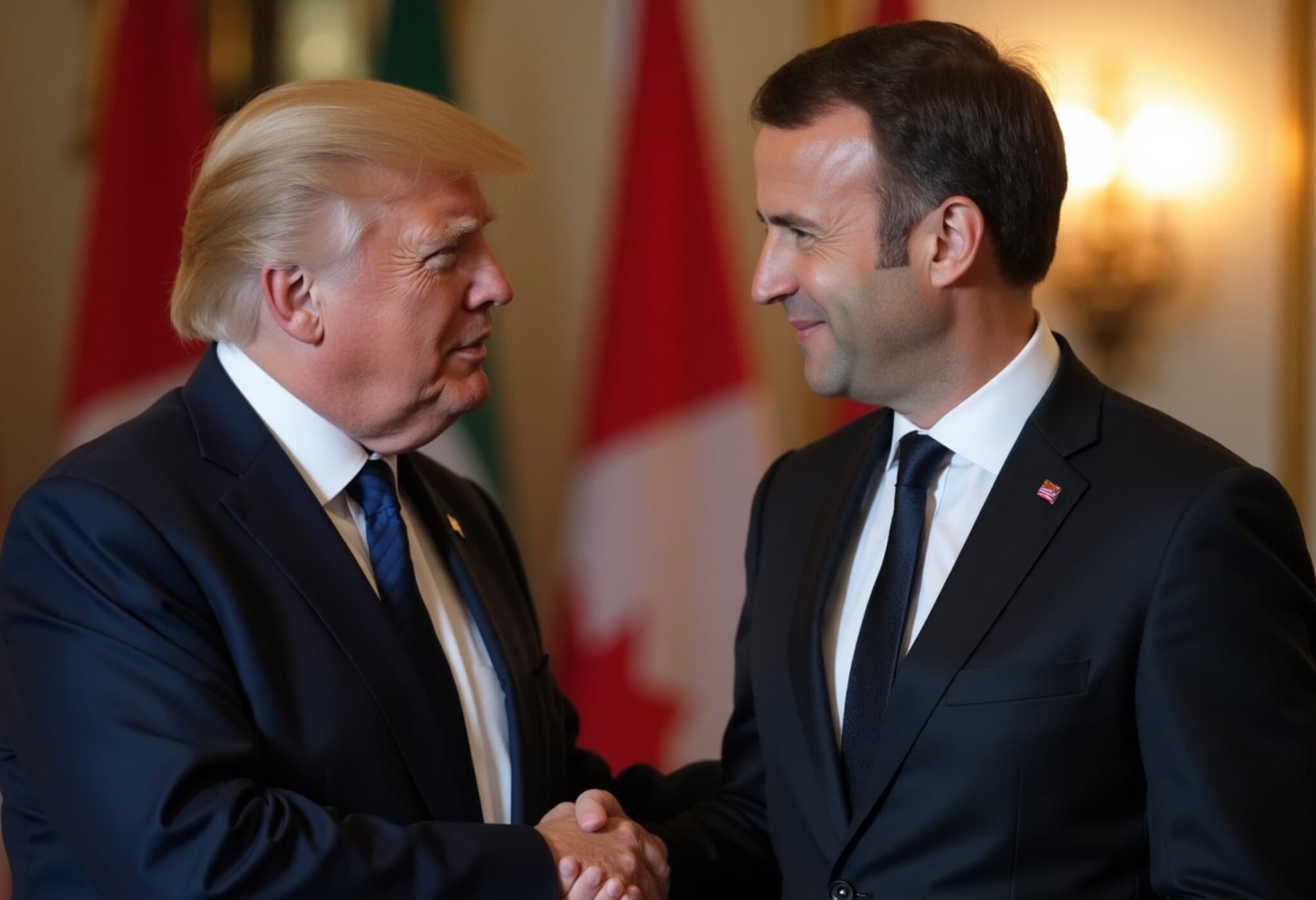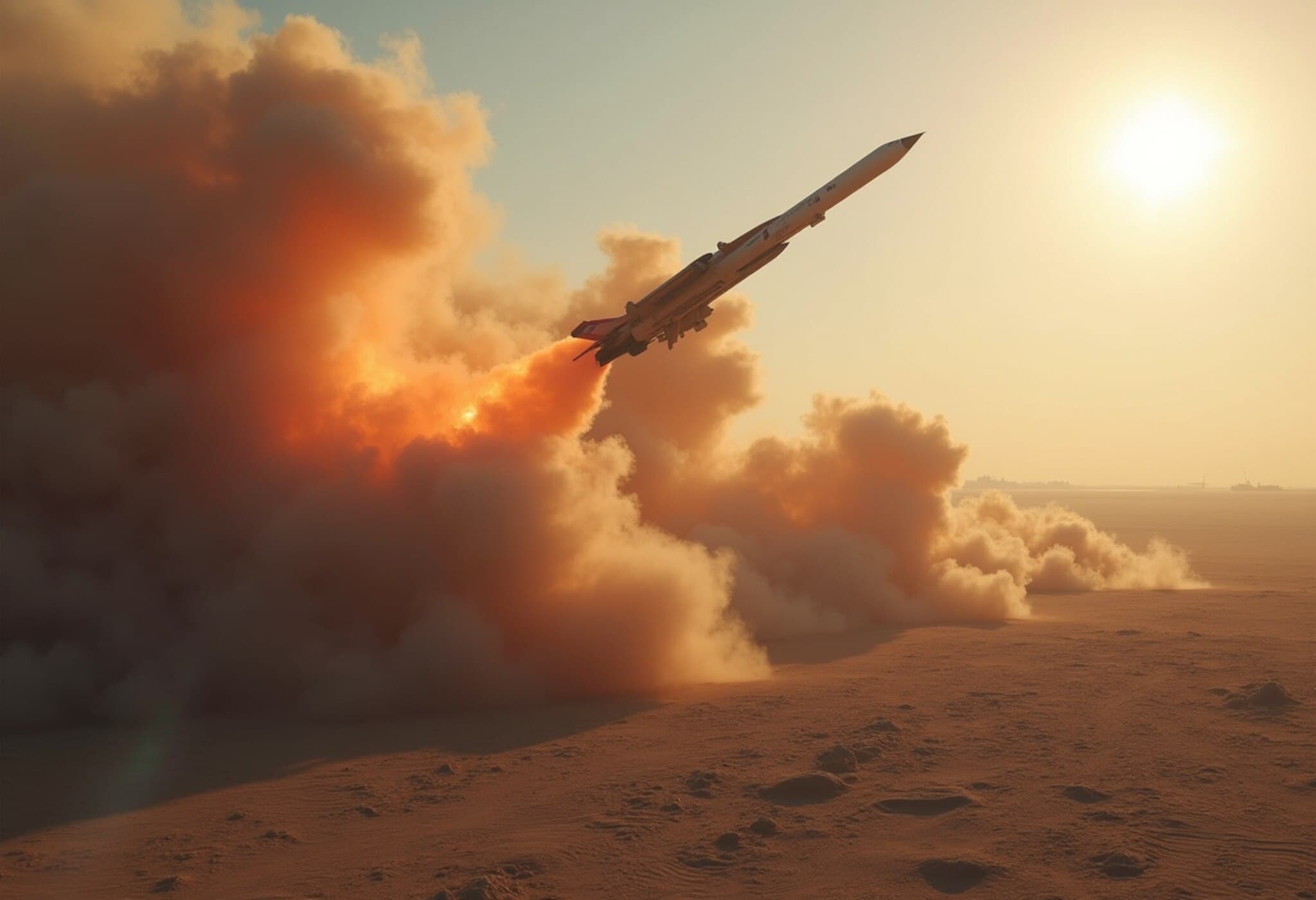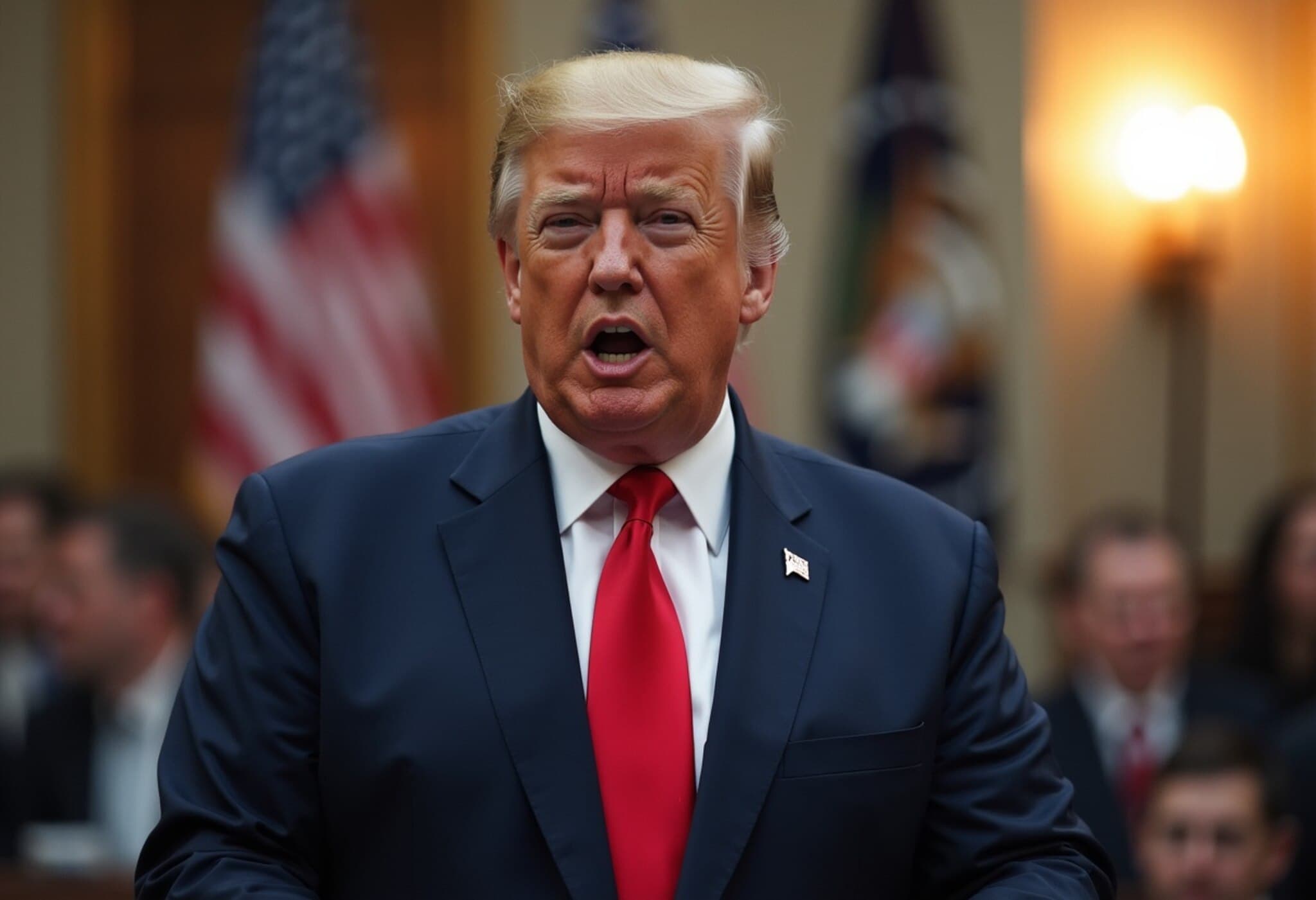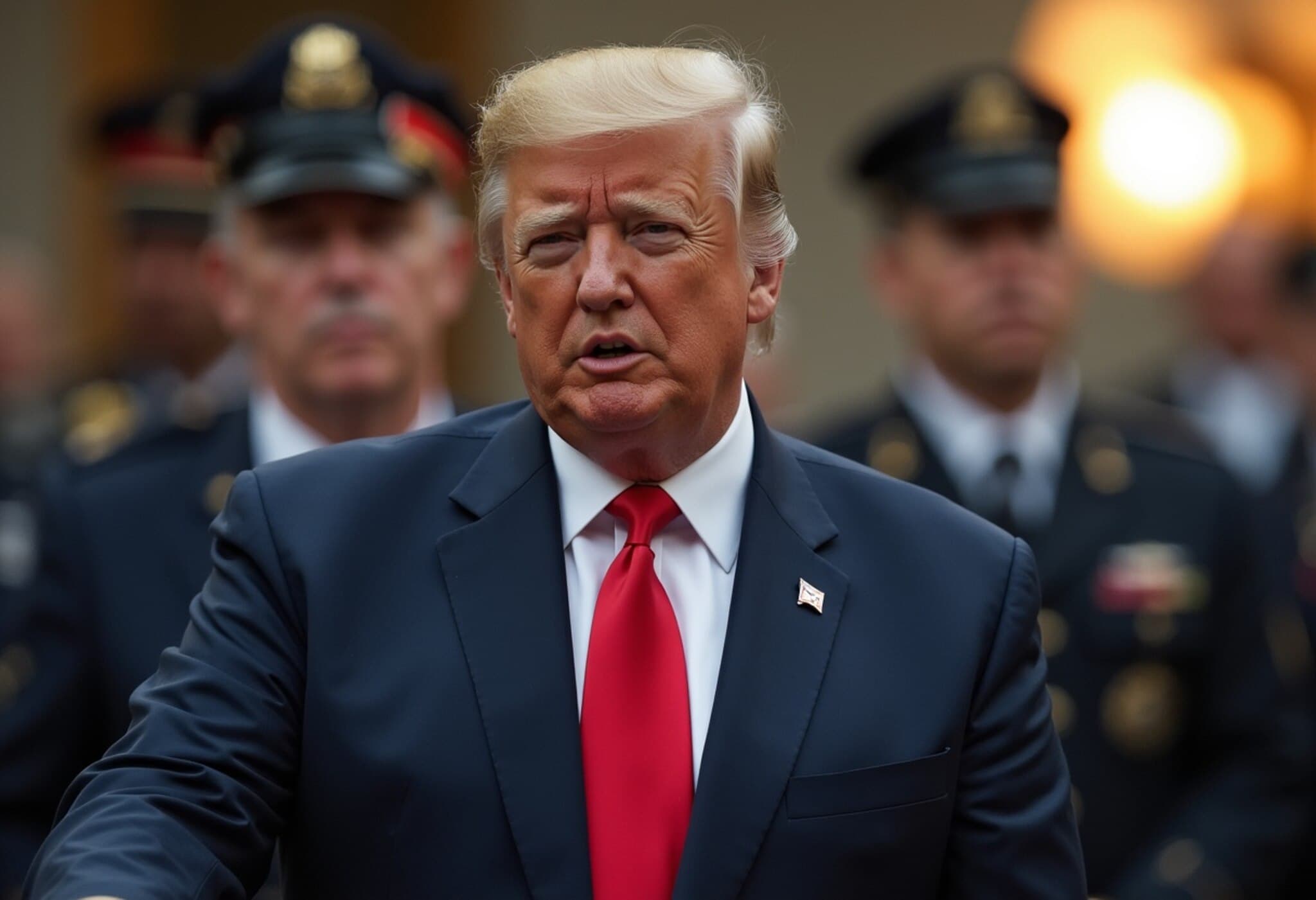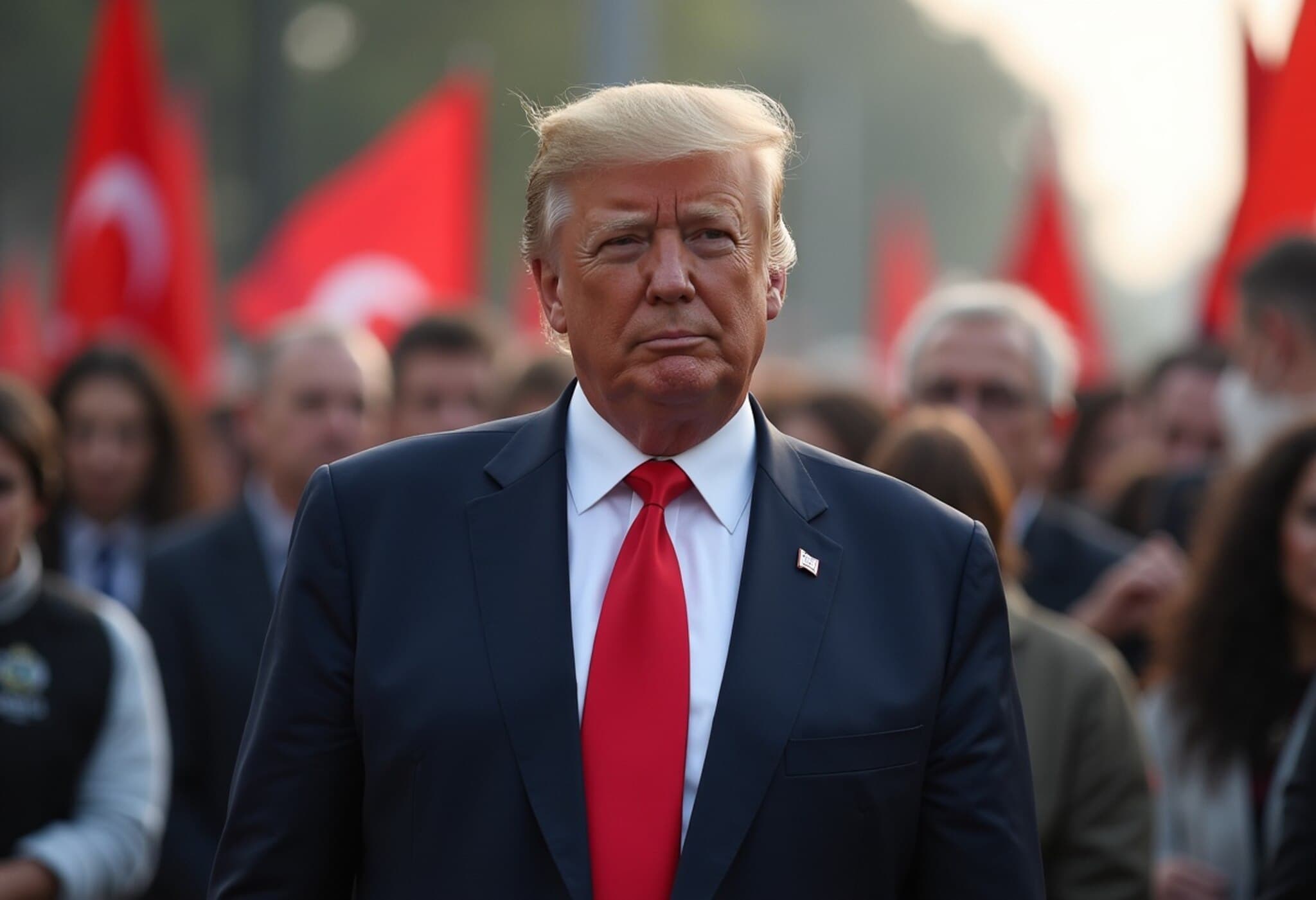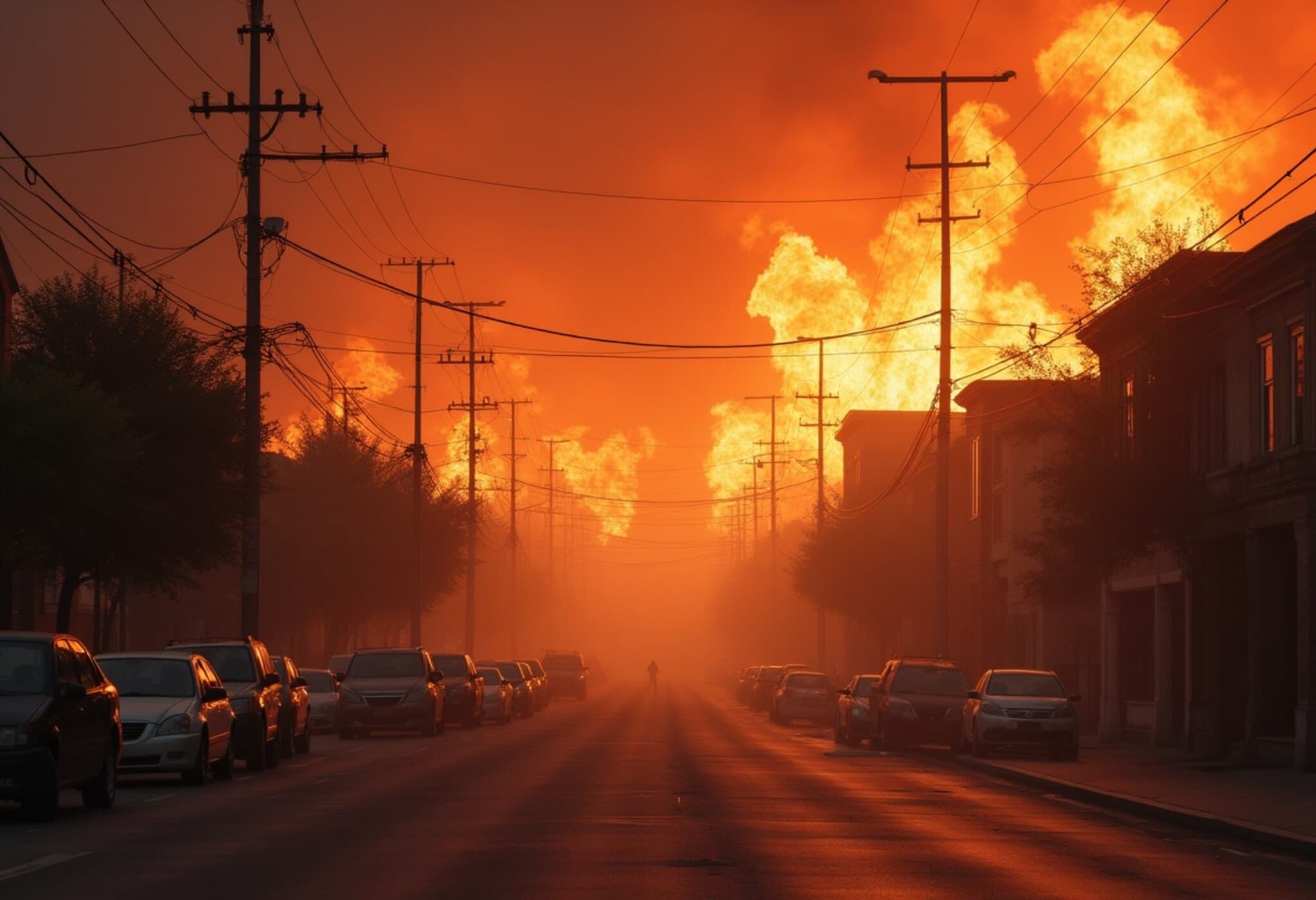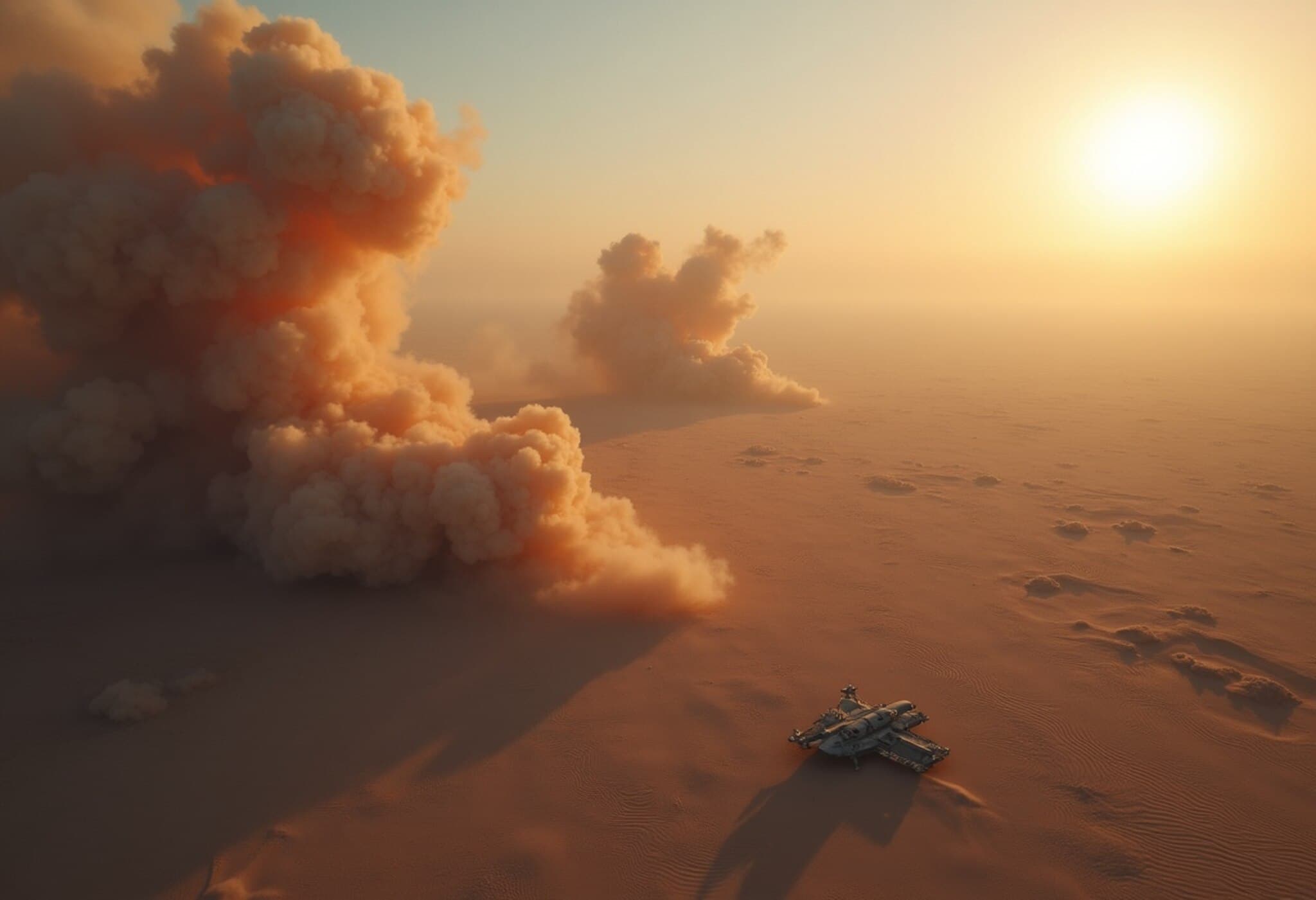Trump Declares End to 12-Day Iran-Israel Conflict with Phased Ceasefire
On Monday, former US President Donald Trump declared a "complete ceasefire" marking the end of a 12-day conflict between Israel and Iran. The ceasefire is expected to be implemented gradually over the next 24 hours, beginning at midnight Washington time.
Key Details of the Ceasefire Announcement
- Trump stated the ceasefire would first take effect on Iran's side, followed 12 hours later by Israel.
- Both nations are expected to act peacefully and with mutual respect as the truce takes hold.
- The outcome was portrayed by Trump as validation of his decision to authorize airstrikes against Iran’s nuclear facilities earlier in the conflict.
Uncertainty and Regional Tensions Persist
Despite the hopeful announcement, neither Israel nor Iran has publicly confirmed the exact terms of the ceasefire agreement. Analysts caution that while halting active hostilities is a positive step, the broader tensions in the Middle East remain volatile.
The recent military strikes targeted Iran’s key nuclear sites—including Fordo, Natanz, and Isfahan—which were seen as a strategic move to slow Tehran’s nuclear ambitions. However, experts warn this may have also intensified Iran’s resolve to continue pursuing nuclear capabilities.
Trump’s Perspective on the Conflict and Its Resolution
In his address, Trump emphasized that the conflict "could have dragged on for years, devastating the entire Middle East," but praised the ceasefire as a preventive measure against prolonged war.
The administration has maintained that a lasting peace hinges on Iran relinquishing its uranium enrichment program, a key point of contention in regional security discussions.
The Road Ahead
While the ceasefire announcement offers a glimmer of hope, the future stability of the region will depend on diplomatic negotiations and verification of compliance from both sides. The volume of enriched nuclear material that Iran currently possesses and its next moves remain uncertain.
As this situation evolves, authorities and analysts alike will be watching closely to assess the durability of peace in one of the world's most volatile hotspots.











